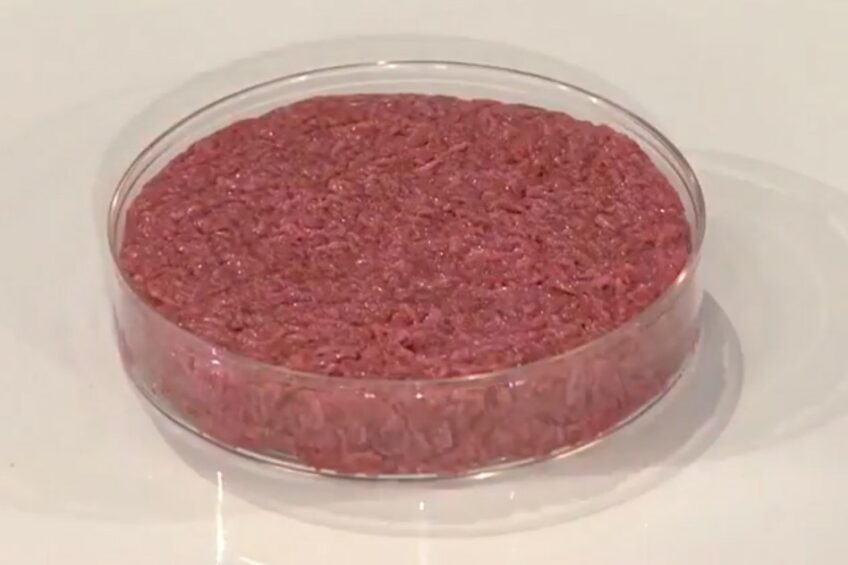Italy – the first to ban lab meat and feed?

Italy’s government has approved a bill banning the use of laboratory-produced food and animal feed as it aims to safeguard the country’s agri-food heritage.
“Laboratory products, in our opinion, do not guarantee quality, well-being and the protection of our culture, our tradition,” said the country’s minister of agriculture, Francesco Lollobrigida.
Prime Minister Giorgia Meloni’s administration has pledged to shield Italy’s food from technological innovations seen as harmful, and last year renamed the agriculture ministry the “ministry for agriculture and food sovereignty”.
Italy’s minister of agriculture, Francesco Lollobrigida: “Italy is the first nation in the world to say no to synthetic foods.”
If passed by parliament, food or feed “from cell cultures or tissues derived from vertebrate animals” will not be permitted. Failure to comply could result in fines of up to €60,000. The Meloni administration is also against promoting insects as a suitable food alternative.
Not everyone in Italy agrees…
However, not everyone has welcomed the news, and there remains much support for ‘cell-based agriculture’.
Alice Ravenscroft of the Good Food Institute Europe said that the passing of such a law would be a step back not only for scientific progress but for climate mitigation and consumer choice, too.
“Italy would be left behind as the rest of Europe and the world progresses toward a more sustainable and secure food system. And the 54% of Italians who already want to try cultivated meat, would be banned from doing so,” said Ravenscroft, as reported by The Epoch Times.
Meanwhile, Food companies’ network, Cellular Agriculture Europe, agrees, noting that many consumers in Italy are concerned about animal welfare and the environmental impact of their food choices, and this would limit their options.
While the ban has yet to be approved by lawmakers, many believe that it appears to be a foregone conclusion.
 Beheer
Beheer











 WP Admin
WP Admin  Bewerk bericht
Bewerk bericht